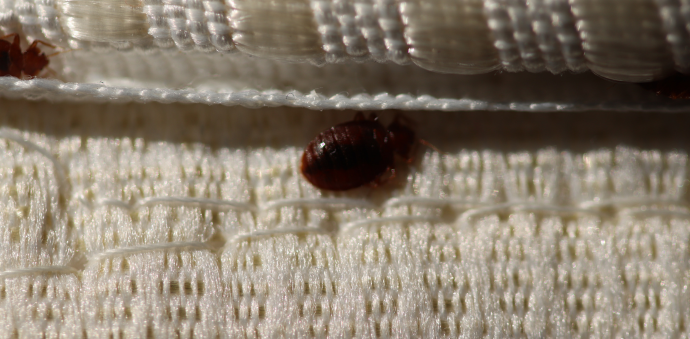
Dealing with bedbugs is a distressing experience that can disrupt your life and threaten your health. If you’re a tenant in North Carolina and your landlord ignores your complaints about bedbugs, you might feel helpless and wonder what steps you can legally take. Knowing your rights and the proper legal procedures is crucial to protect yourself and ensure your home is safe.
This article explains:
North Carolina law requires landlords to provide tenants with habitable rental properties that are safe and free of significant health hazards. Bedbugs are considered a serious issue affecting habitability because they cause bites, skin irritation, and emotional distress.
Under House Bill 721 (2011) and related laws:
Landlords also have a duty to keep common areas pest-free and respond promptly to tenants’ issues.
If you have notified your landlord preferably in writing about bedbug complaints and they fail to act, here’s how you should proceed to protect your rights:
Written notice should:
Without proper written notice, your landlord may claim ignorance or argue that they were not given reasonable opportunity to respond.
Keep a log of pest sightings including photos, videos, and dates. Collect evidence such as:
This documentation will be valuable if you need to escalate the issue legally.
If initial informal notices are ignored, send a formal demand letter reiterating your complaint. State clearly that:
Many North Carolina counties have health departments or housing agencies that can perform inspections and compel landlords to comply. Filing a complaint there can increase pressure on your landlord.
If your landlord remains unresponsive, consider the following legal options:
Important: Do not withhold rent or abandon your home without consulting a qualified attorney or tenant rights expert to avoid eviction or breach of contract claims.
Navigating bedbug complaints and tenant rights can be complex and stressful. LawPassport membership offers essential benefits to tenants in North Carolina facing pest problems:
With LawPassport, you don’t face a negligent landlord alone. You get trusted legal expertise exactly when you need it.
Q: How soon must I notify my landlord about bedbugs?
A: You must notify them in writing within five days of suspecting bedbugs to trigger legal protections.
Q: What if the landlord refuses to arrange pest control?
A: After proper notice, landlords have an obligation to act promptly. If they refuse, tenants can report to housing authorities or seek legal remedies including constructive eviction.
Q: Am I responsible for pest control if the landlord provided a certificate?
A: If 30 days or more have passed since you moved in and a pest-free certificate was provided, tenants are generally responsible for extermination expenses.
Q: Can my security deposit be used to pay for pest control?
A: If an infestation results from tenant negligence, landlords may deduct pest control fees from your deposit. But landlords cannot deduct fees for infestations present before tenancy.
Living with bedbugs is exhausting, but you have rights under North Carolina law. If your landlord ignores your written complaints about bedbugs, you don’t have to suffer silently or face unfair penalties. Document issues, follow legal steps, and seek help to hold your landlord accountable.
As a LawPassport member, you gain the legal tools and professional support to protect your rental rights and health in bedbug disputes.
Join LawPassport today to get expert legal help in asserting your tenant rights, enforcing landlord responsibilities for bedbug infestations, and protecting your home from pests. Don’t wait get relief now.
Read: How to Break a Lease for Pest Infestation Without Penalty
Read: Tenant Rights: Breaking a Lease Due to Rats or Rodents